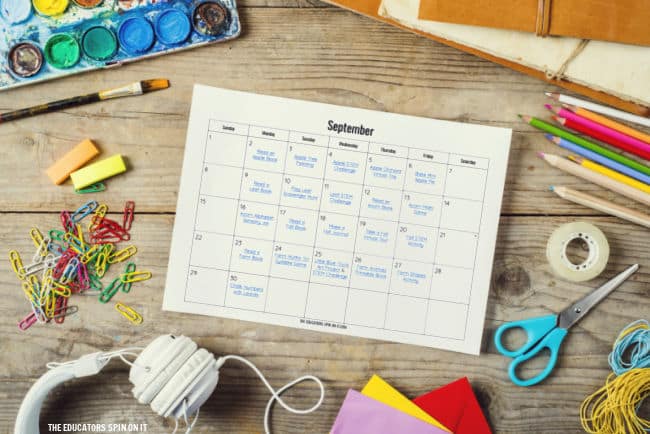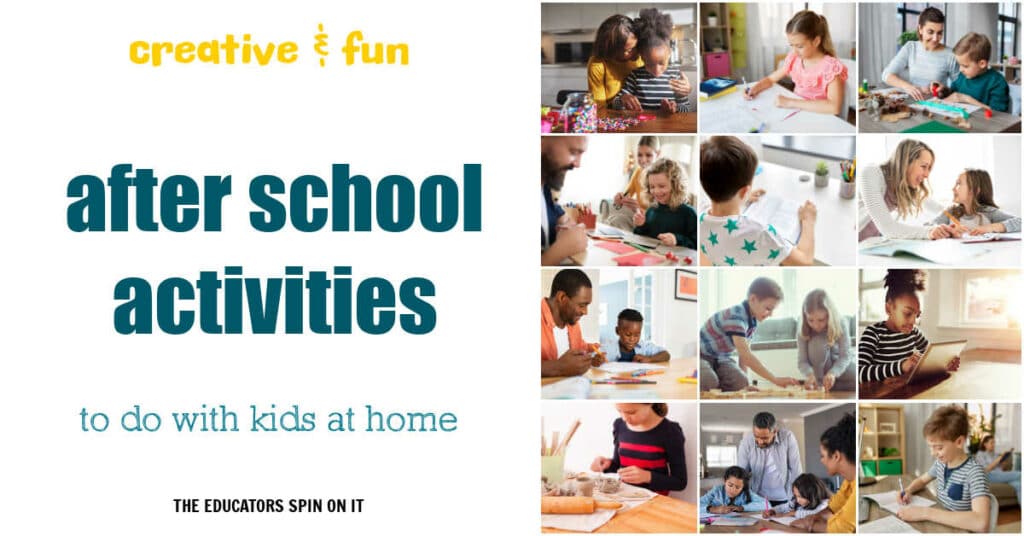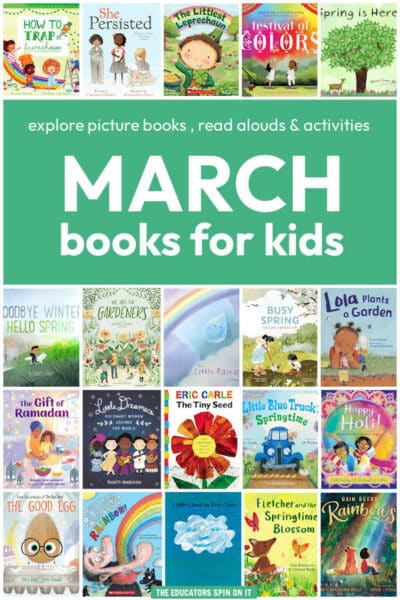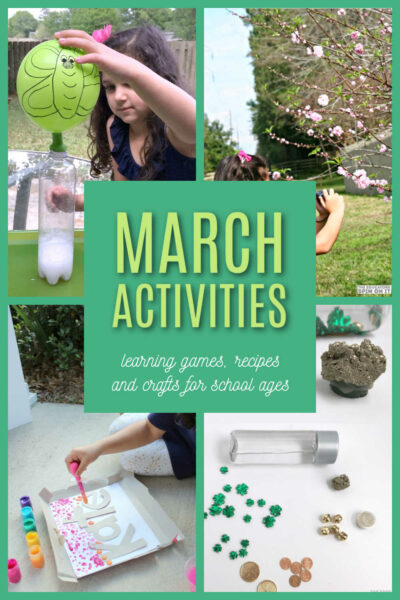Seeing the benefits of after-school activities at home with your child is eye-opening. These shared experiences create a safe, nurturing environment where your child can learn, grow, and thrive.
By doing after-school activities together, you can strengthen your bond, support their academic and personal development, and give them a chance to explore new interests and build essential life skills.
Ready to make a difference with after-school activities? Here’s how…
- Academic Support
- Encouraging Creativity and Problem-Solving
- Building Life Skills
- Physical Health and Well-being
- Fostering Independence and Confidence
- Safe and Comfortable Environment
- Reduce Screen Time
- Provides structure and routine
- Creating Positive Memories
- How to Plan After-School Activities for Your Child

Watching my three kids grow up has been an incredible journey filled with countless after-school and weekend adventures.
Eighteen years ago, I left my Kindergarten teaching job to stay home with my soon-to-be-born daughter. A few years later, we welcomed another daughter, and at that time, our teenage son was also part of the mix. Those were busy years! After a decade of teaching, transitioning to life at home was a big change.
Over the years, I’ve worked full-time, part-time, remotely, and as a stay-at-home parent. One thing that remained constant was ensuring my kids had meaningful activities after school and on weekends. I’ve seen the positive impact firsthand, not just on my children but also on their peers who have gone on to top universities. If home-based after-school activities aren’t possible, find a quality after-school provider.
Did you know children spend an average of 80% of their days out of school?
Your child typically spends 180 days a year in the classroom, around six hours a day. But when you consider lunch, recess, and other activities, it’s truthfully only about four hours focused on specific subjects—often ones they didn’t choose.
This is why learning at home is so important. As a parent, you are and will always be your child’s first teacher. The time after school and on weekends is invaluable to your family.
What are the benefits of doing activities at home after school with your child?
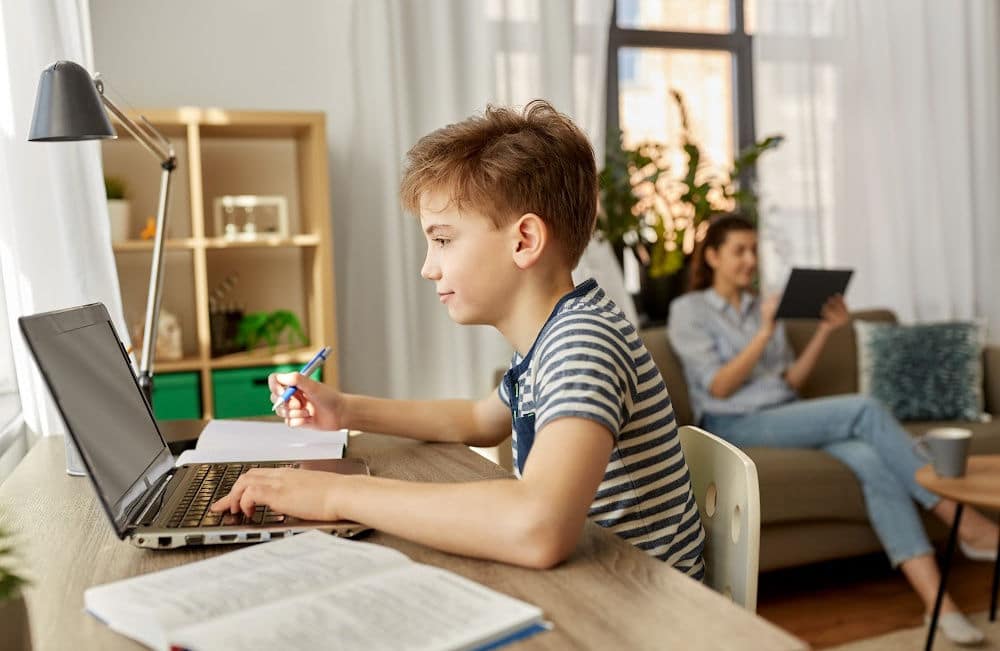
Benefits of After-School Activities at Home
At home, after school, and on weekends, your child can explore their interests, develop new skills, and practice existing ones. There are countless benefits to planning these activities, from strengthening the parent-child bond to supporting their overall development.
Strengthening the Parent-Child Bond
- Quality Time Together: Spending time on activities together helps strengthen your relationship, allowing you to bond over shared experiences.
- Open Communication: It creates an environment where your child feels comfortable talking about their day, their feelings, and any concerns they might have.
- Strengthens family bonds: Spending time together as a family engaging in themed activities can help strengthen family bonds and create lasting memories.
Academic Support
- Homework Help: You can assist with homework or school projects, reinforcing what they’ve learned in class.
- Learning Opportunities: Activities like reading, writing, puzzles, or educational games can further your child’s learning in a fun and relaxed setting.
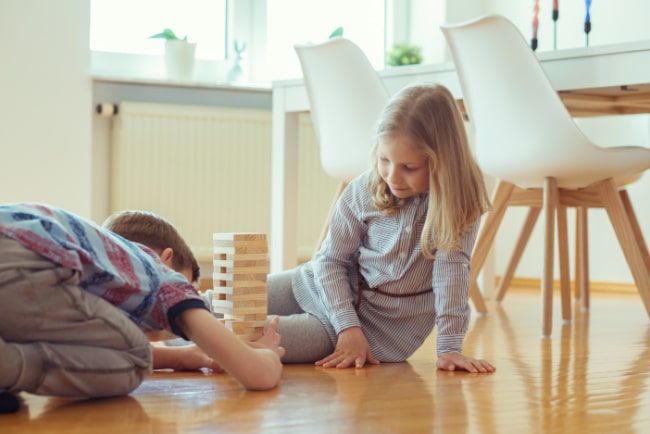
Encouraging Creativity and Problem-Solving
- Creative Expression: Activities such as arts and crafts, cooking, or building projects encourage creativity and allow your child to express themselves.
- Critical Thinking: Engaging in games or challenges that require problem-solving can enhance their cognitive skills.
- Encourages learning and exploration: Themed activities can help children learn about different subjects and concepts in a fun and engaging way.
Building Life Skills
- Responsibility: Participating in tasks like cooking or household chores teaches responsibility and life skills that are essential as they grow older.
- Time Management: Regularly scheduled activities help your child learn how to manage their time effectively. Here’s our sample schedule for after school.
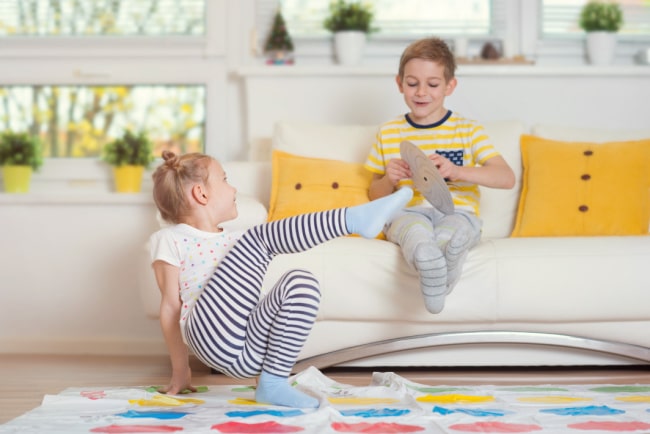
Physical Health and Well-being
- Active Play: Physical activities, like playing sports, dancing, or even taking a walk, contribute to your child’s physical health.
- Stress Relief: Fun and relaxing activities at home can help your child unwind after a busy school day, reducing stress and promoting emotional well-being.
Fostering Independence and Confidence
- Skill Development: Learning new skills or hobbies can boost your child’s confidence and sense of achievement.
- Decision Making: Allowing your child to choose some of the activities helps them develop decision-making skills.
Safe and Comfortable Environment
- Safe Space: Being at home provides a controlled, safe environment where your child can relax and be themselves.
- Comfort: Home is a familiar and comfortable place, which can be especially beneficial for children who need a break from the structure and social pressures of school.
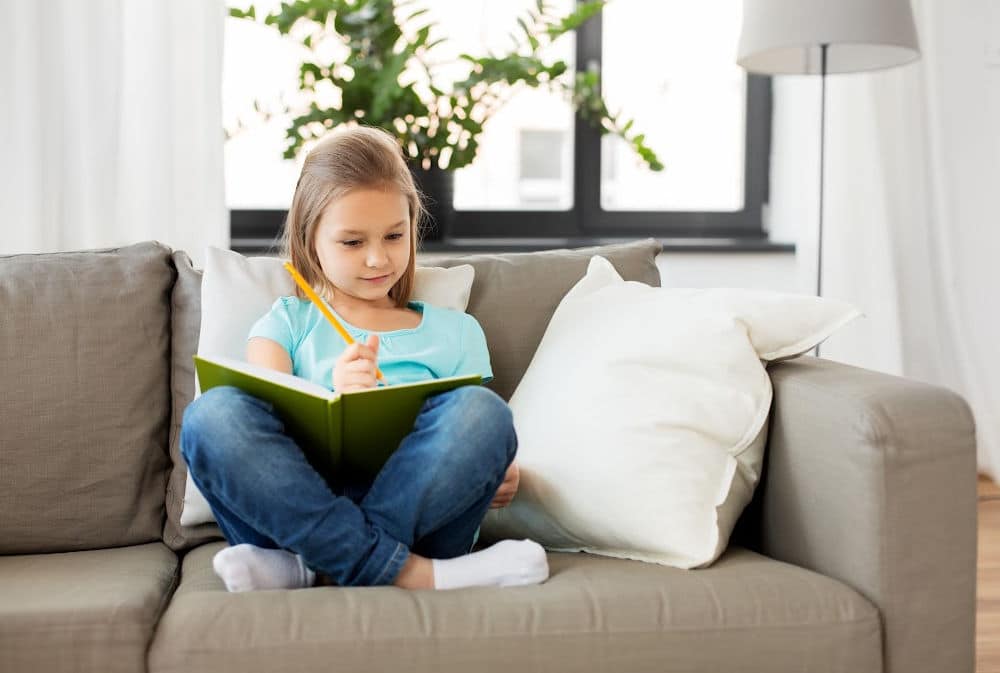
Reduce Screen Time
- Screen Free Time: Having a plan for after-school activities can help reduce the amount of time children spend on screens, which can be beneficial for their physical and mental health.
Provides structure and routine
- Having a plan for after-school activities gives children a sense of structure and routine, which can help them feel more secure and organized.
Creating Positive Memories
- Shared Experiences: These activities create lasting memories that your child will cherish, contributing to a positive and supportive family environment.
These benefits contribute to your child’s overall development and well-being, while also reinforcing your family unit.
How to Plan After-School Activities for Your Child
Get started with your after-school activities by signing up for our free Monthly Activity Planner!
Then explore our 100+ Awesome After School Activities for Kids.
Spending time with your child after school through at-home activities can have a profound impact on their development and your relationship. These moments foster learning and creativity and create lasting memories that strengthen the parent-child bond.
